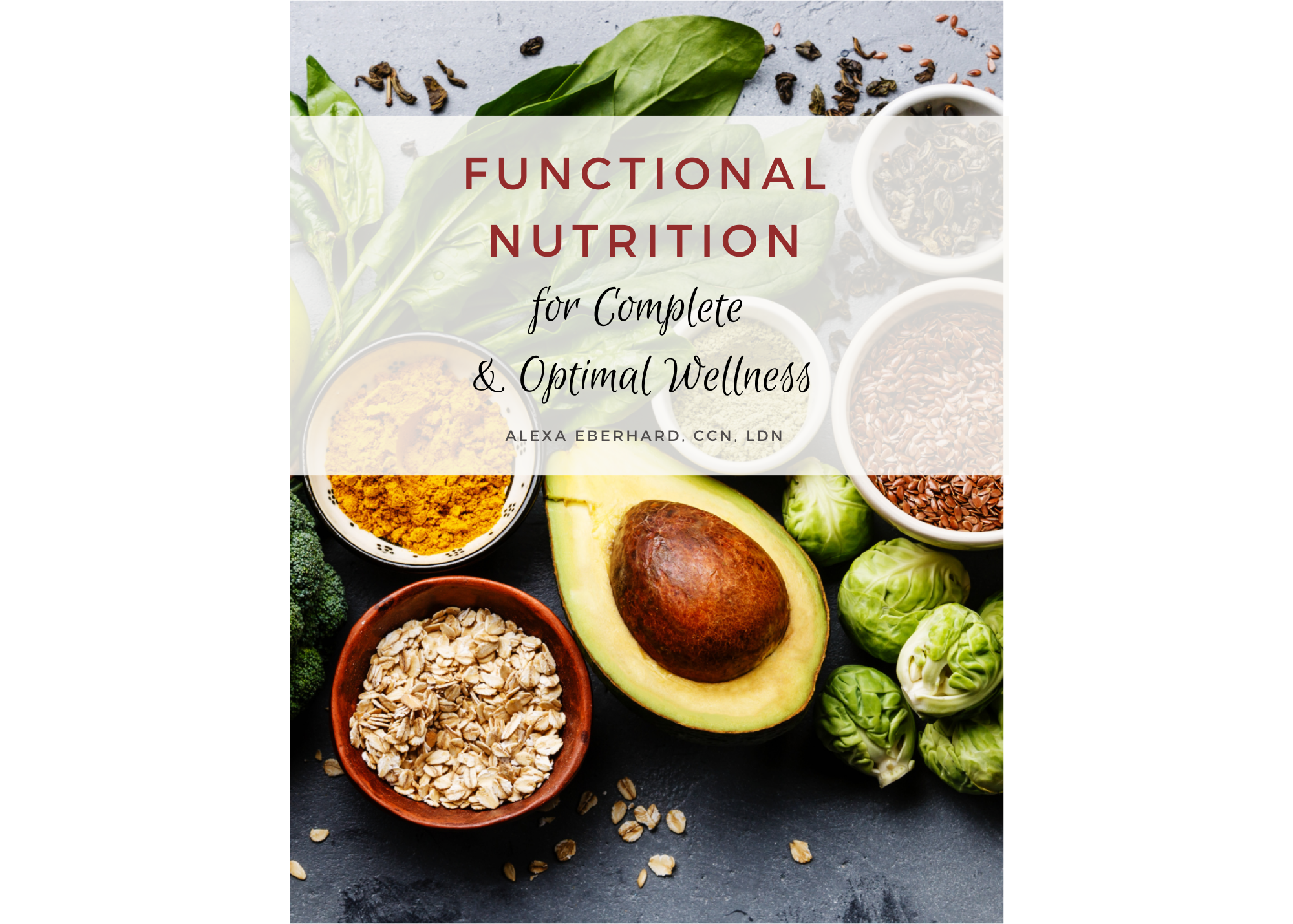Balanced Buddha Bowl
/Who doesn’t love a balanced buddha bowl? One of the major dietary recommendations I am constantly giving to my patients is to eat a diversity of plant-based foods. Plant-based foods include vegetables, fruits, nuts, seeds, legumes, and whole grains. Depending on a patient’s health status, some of these plant-based foods need to be eliminated, but for the ones that remain, diversity is key.
Why Diversity? Plant-based foods are loaded with vitamins, minerals, antioxidants, phytochemicals, and more importantly, fiber. Fiber is critical for keeping bowel movements healthy and cholesterol levels normal, but what most patients do not realize is that fiber plays a crucial role in regulating the gut microbiome! The gut microbiome includes >100 trillion microorganisms that line the entire human digestive tract. These microorganisms include bacteria, yeast, viruses, etc. that have a symbiotic relationship with our health (in other words, we provide them with nutrients, and they provide us with health promoting compounds). For example, fiber is called a “pre-biotic” because it feeds the good bacteria (probiotics) in our gut. When a person eats a high fiber diet, they are essentially fueling their gut microbiome everyday so that the probiotics can keep breeding and thus crowd out any harmful bacteria. In addition, when probiotics gobble up the fiber from plant-based foods, they release compounds called “short chain fatty acids”. Short chain fatty acids (SCFA’s for short) act as signaling agents for: repairing the tight junctions in the small intestine (in other words, repairing leaky gut syndrome), regulating blood sugar, and maintaining a healthy weight. When patients consume a diversity of plant-based foods (ie. many different vegetables and many different fruits), they are fueling many different strains of probiotics. This is important, since more gut microbiome diversity = a stronger immune system.
The buddha bowl is an easy and convenient way to get a diverse amount of plant-based foods into your diet. Simply prep all the ingredients, throw them in a bowl, toss them with a delicious homemade dressing, and your microbiome is fueled to take care of you!
Ingredients:
Makes 1 large bowl (serves 2)
1⁄2 cup quinoa
1⁄2 cup chickpeas (canned)
1 cup steamed vegetables, chopped (choose from broccoli, cauliflower, green beans, brussels sprouts, asparagus, onion, zucchini)
1 cup raw vegetables, chopped (choose from tomato, cucumber, celery, radish, cabbage, bell pepper, lettuce, carrot)
1/2 avocado (pit removed and flesh sliced)
1/4 cup dry roasted sunflower seeds
4 tbsp lemon juice
2 tbsp olive oil
Sea salt and black pepper to tase
Instructions
Rinse and soak quinoa overnight in 1 cup of water with 2 tsp of apple cider vinegar or lemon juice (this removes anti-nutrients in the grain, which make it easier for your body to digest). *You can also opt to purchase “sprouted” quinoa at the store, which does not require soaking. Strain and rinse quinoa, and place in a small pot with 1 cup of fresh water. Cook on low heat for 20 minutes, stirring occasionally. Set aside.
Strain and rinse canned chickpeas. Mix olive oil and lemon juice in a small bowl, set aside.
Place cooked quinoa in a large bowl with chickpeas, steamed vegetables, and raw vegetables, Top with sliced avocado and sunflower seeds. Drizzle with mixed olive oil/lemon juice dressing and season with a dash of sea salt and black pepper. Enjoy!






